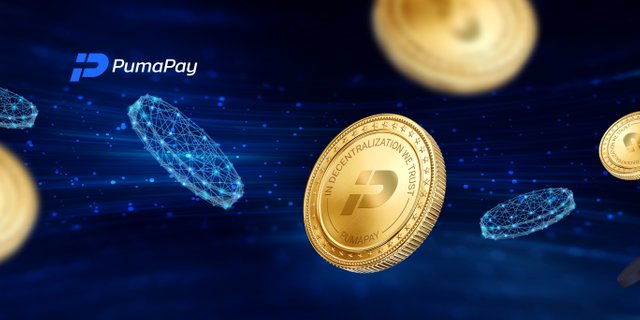Coin vs Token: What’s the Difference?

The crypto industry created a serious hype and by now the market gained millions of fans from around the world. Since cryptocurrencies are a new thing, the vocabulary around it is also a novelty to the large public. The terminology ranges from technical terms to coin, token, crypto coin, altcoins and more. Since it took a while for the Internet to pick up definitions for each word, we decided to launch a series of articles explaining in detail what each term is.
The most common discussion goes around the coins and tokens. But, does everyone know the difference between a coin and a token? Are they synonymous or in practice each has a different applicability? Our article will explain how a coin and a token work for the cryptosphere and why people can be confused with the difference between the two.
To begin with, it is important to mention that all coins and tokens are considered cryptocurrencies, irrespective of their function as currency or medium of exchange. Therefore, you often read of cryptocurrency coins or cryptocurrency tokens. Often, coins are also referred to as altcoins (alternative cryptocurrency coins) to name digital currencies that are an alternative to Bitcoin.
Function vs. Structure
The purpose of a coin is to act like money and become a means of payment while storing value over time. Most known and popular coins take the form of Bitcoin-derived blockchain tokens like Bitcoin, Litecoin, and Monero. A coin, Bitcoin, aims to be a cash replacement, so the function is solely to denominate value in an exchange of goods or services. Their value in fiat money proves their likelihood to become popular as they can become a liquid form of money eventually.
Tokens’ purpose is far more focused. They are created on existing blockchains (for example Ethereum) to activate features of the application they were designed for. Blockchain tokens have value, yet they are not seen as actual money the same way coins are considered. Tokens can be considered a type of instrument that creates the environment for a better circulation of value between businesses and their customers – you fund a smart contract with the underlying coin and investors receive tokens from the company running the offering. This way, customers are incentivized to interact with a business through a crowdfunding and with no large financial commitments as often acquiring one token only is enough to be included in the project.
For example, PumaPay’s token can be used as a method of payment inside the project’s ecosystem, somewhat this function is similar to a coin’s, yet the difference here is that the token itself gives the holder the right to participate in the network.
While there is a blurry line between what coins and tokens are defined as there are certain aspects on which the crypto community agrees. Coins are considered methods of payment while tokens give access to a product and unfold many other functions of a specific project. Coins are used for purchasing and selling goods or tokens as the first operates independently and the latter has value mostly within a project’s ecosystem. Often tokens are given to crowdfunding supporters to spend on their favorite services and products, and this is a great opportunity for businesses to deliver a significant amount of value for their project’s idea.
In the end, a coin like Bitcoin has been trying to break into the payment sector based on its claims of swift transactions, while tokens have already taken over the market and the tokenization model is delivering great results.
Did you find this interesting? Follow us on: Facebook, Telegram, Twitter and Reddit for more!